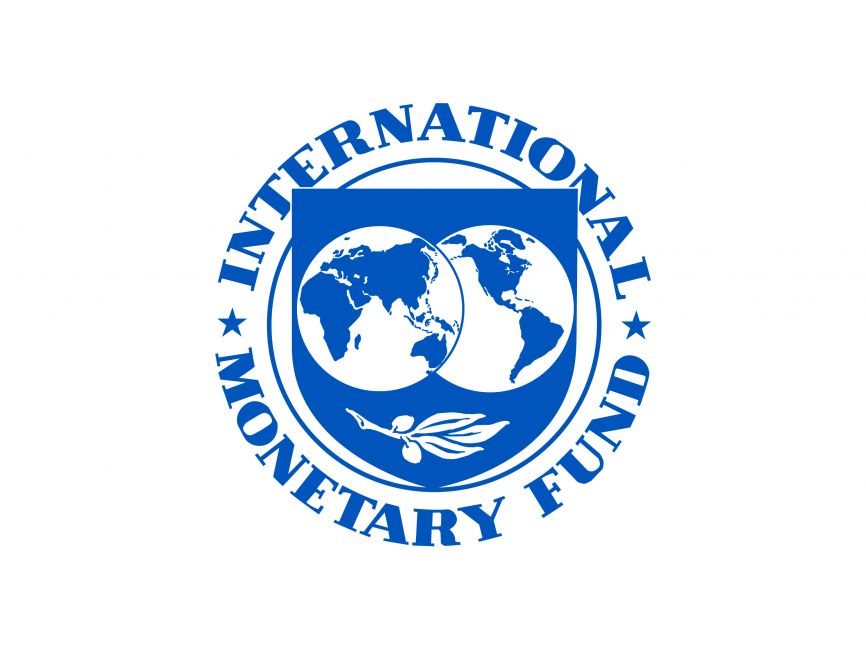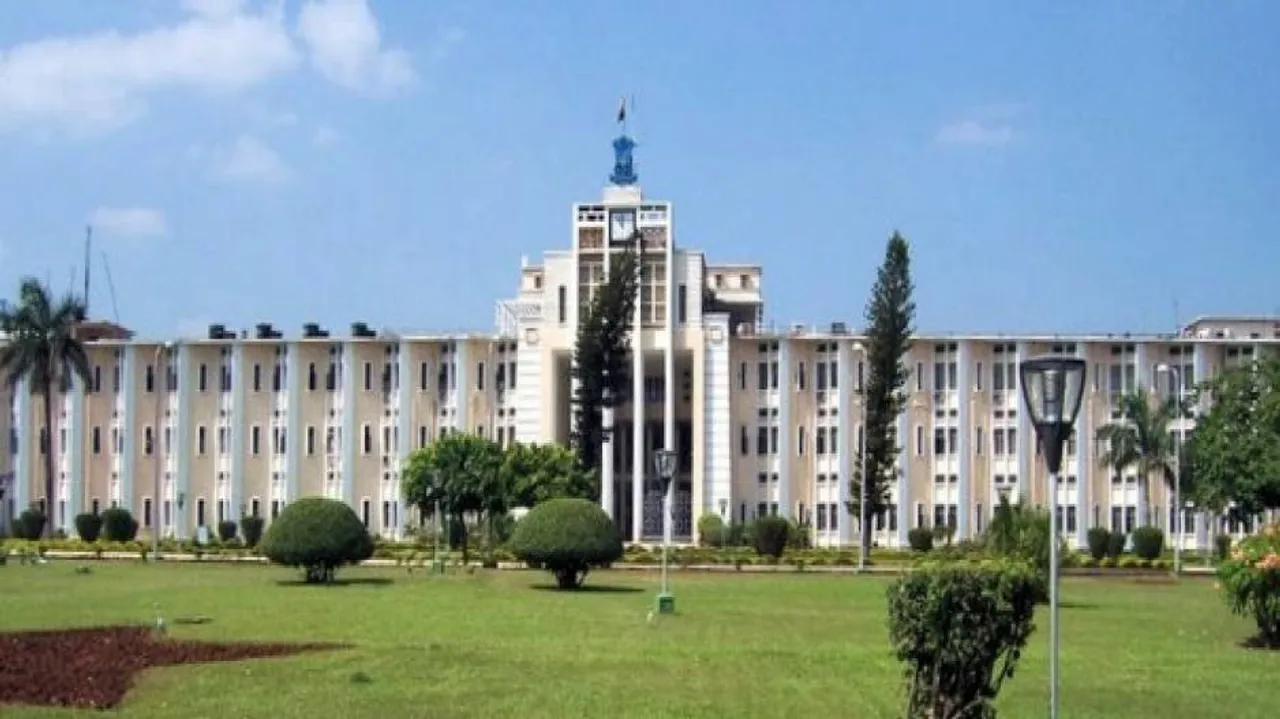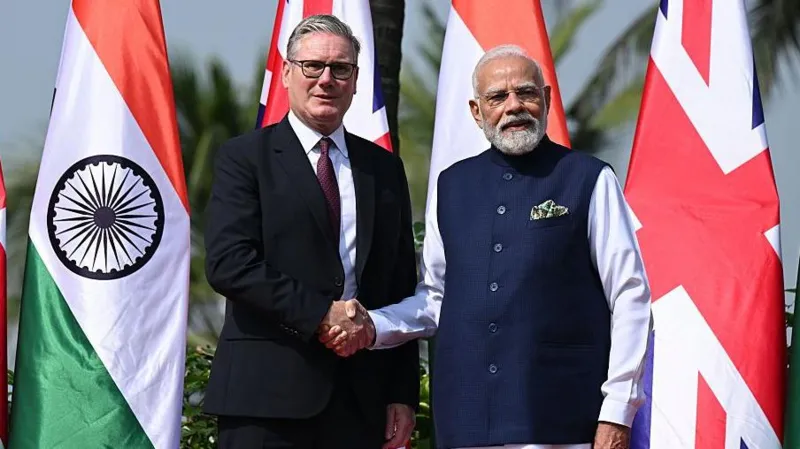The International Monetary Fund (IMF) has approved a $1 billion tranche for Pakistan under its $7 billion Extended Fund Facility (EFF) and an additional $1.3 billion under the Resilience and Sustainability Facility (RSF), following a board meeting held on Friday. However, India abstained from voting, raising serious concerns over the misuse of IMF funds by Pakistan and the country’s consistent failure to implement economic reforms.
According to the Indian Ministry of Finance, India registered its “strong dissent” during the meeting, questioning the efficacy of repeated IMF bailouts for Pakistan. Citing a poor track record and the risk of funds being diverted to state-sponsored cross-border terrorism, India opposed the move but refrained from a formal “no” vote due to IMF rules that only allow for votes in favor or abstentions.
A Finance Ministry statement emphasized India’s apprehension, stating, “Fungible inflows from international financial institutions could be misused for military and terror-related activities.” India further pointed to Pakistan’s history of prolonged borrowing from the IMF, with disbursements spanning 28 out of the last 35 years and four bailout programs since 2019 alone.
Government sources also criticized Pakistan’s lack of adherence to IMF reform conditions and the deep involvement of its military in economic affairs. Quoting a 2021 UN report, India highlighted that military-linked businesses form the largest conglomerate in Pakistan and continue to hold influence through bodies like the Special Investment Facilitation Council.
Foreign Secretary Vikram Misri, ahead of the vote, had urged the IMF board to “look deep within” before offering further assistance to Pakistan. He reiterated the call for a more stringent review of Pakistan’s economic management and the potential geopolitical implications of IMF assistance.
Despite India’s objections, the IMF’s decision brings Pakistan’s total disbursement under the current program to $2 billion. The approval follows the first review of the 37-month EFF arrangement, which includes six reviews in total.
Meanwhile, opposition leaders in India, including Congress MP Jairam Ramesh, criticized the Modi government for abstaining instead of voting against the bailout. “India should have clearly said NO. Abstention sends a weaker signal,” he stated.
India, however, maintained that its abstention was aligned with IMF procedures, where formal “no” votes are not permitted. Officials insisted that India’s position on Pakistan’s repeated bailouts and their global security implications has been conveyed firmly to the IMF board.










